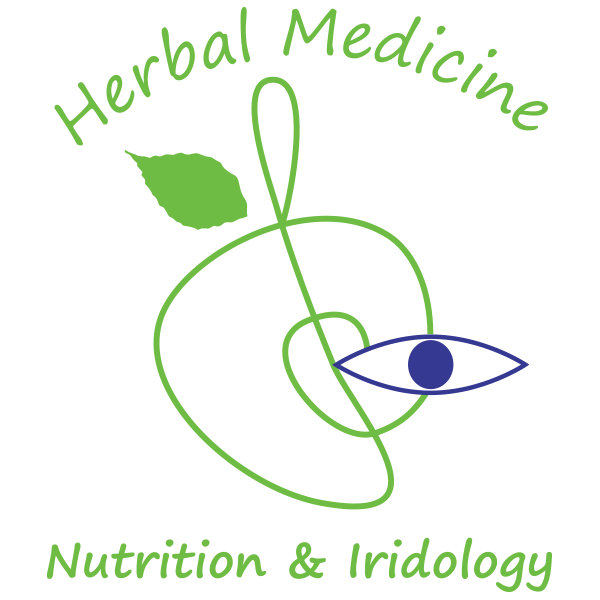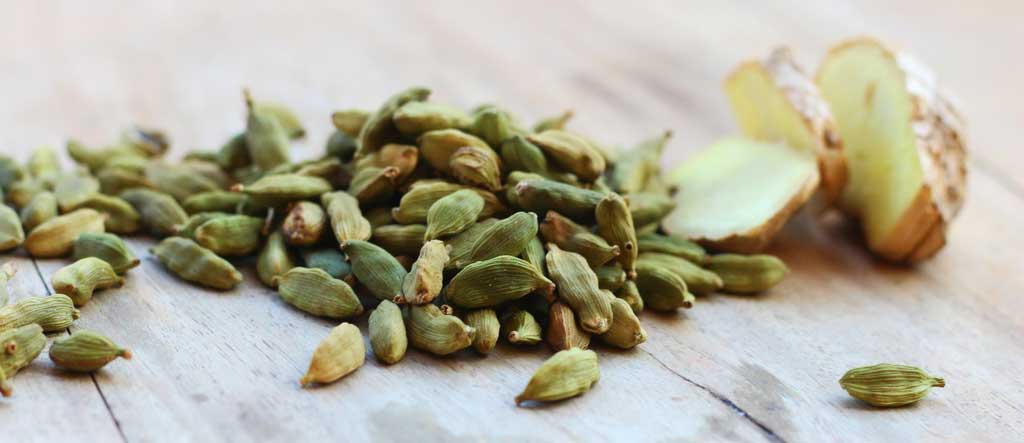Category: Herbal Medicine
Culinary and medicinal herbs, traditional uses, benefits, and conditions helped by herbal medicine.
-
Fatigue: Are you tired of feeling tired?
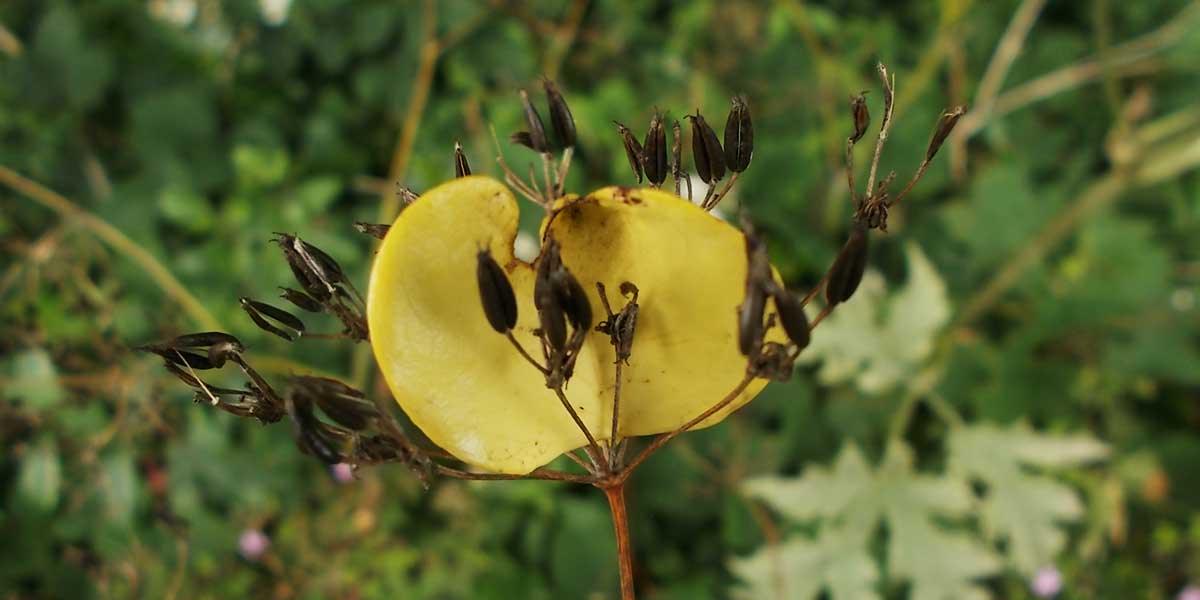 Read more: Fatigue: Are you tired of feeling tired?
Read more: Fatigue: Are you tired of feeling tired?I see a lot of people who complain of feeling tired all the time, otherwise known as chronic fatigue. They are tired mentally, emotionally and physically. They wake up tired and struggle through their day with increasing irritability and a growing dissatisfaction with life. The longer the situation is allowed to continue the more often…
-
Hypertension: High blood pressure
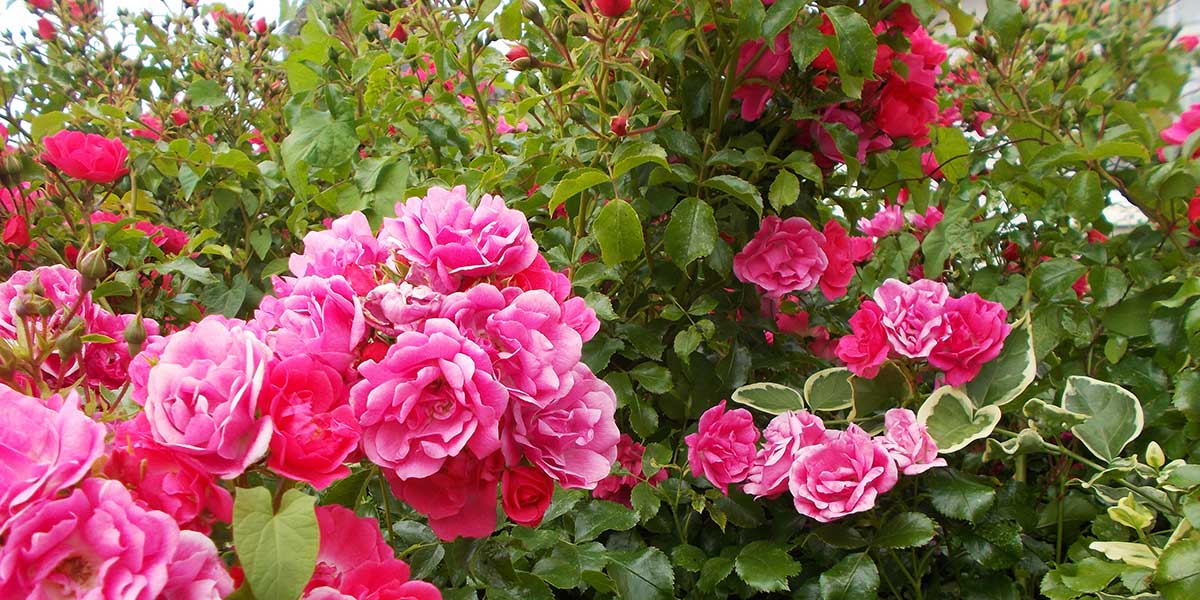 Read more: Hypertension: High blood pressure
Read more: Hypertension: High blood pressurePrimary hypertension is the medical term for abnormally high blood pressure for no apparent reason, or due to dietary and lifestyle choices, or an inherited pre-disposition. Secondary hypertension refers to high blood pressure resulting from an existing condition such as kidney or endocrine disease. Over 90% of people with high blood pressure will be diagnosed…
-
Herbal Infusions to Reduce Stress
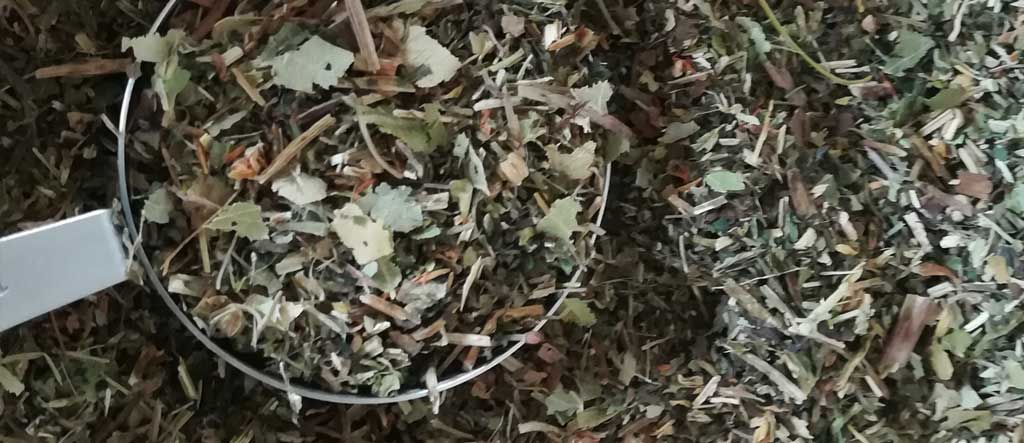 Read more: Herbal Infusions to Reduce Stress
Read more: Herbal Infusions to Reduce StressGetting into the habit of regularly drinking herbal infusions can help to reduce the symptoms of stress. The simple act of making an herbal infusion is relaxing. Combining leaves, stems or flowers with hot water and allowing it all time to infuse, is for me, an act of love. It is an offer of comfort…
-
Herbs for Anxiety
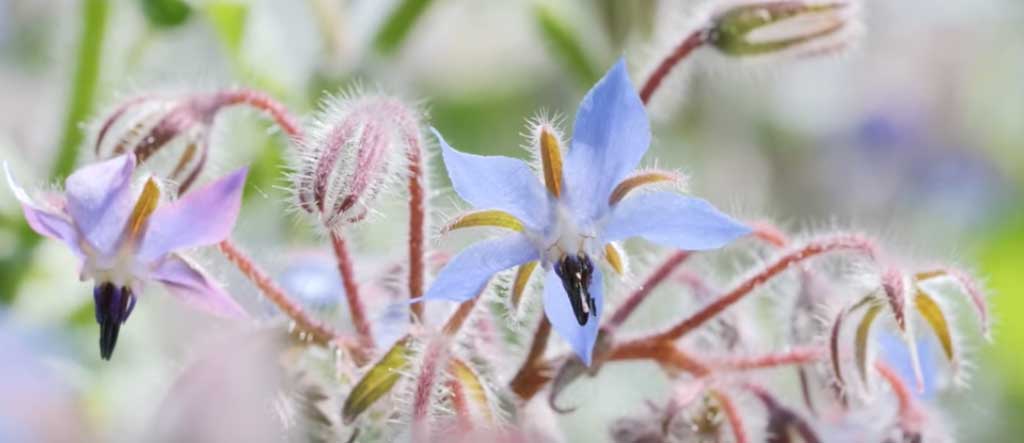 Read more: Herbs for Anxiety
Read more: Herbs for AnxietyWhen excess worry and fear get in the way of everyday life, anxiety becomes a problem. If left unchecked, it can be debilitating. Anxiety triggers the stress response, which floods the body with stress hormones that cause physical, emotional and mental changes. Repeated activation of the fight or flight response can take a hefty toll…
-
Anxiety
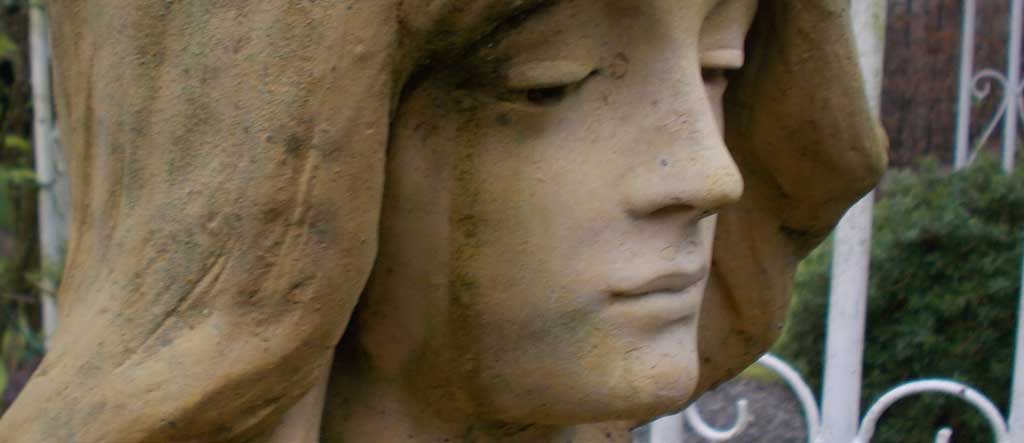 Read more: Anxiety
Read more: AnxietyWe will each experience anxiety at some point; feeling anxious is a normal response in stressful or fearful situations and during times of upheaval and change. It can range from the nervous flutter of butterflies in the stomach to a full blown panic attack. Anxiety becomes problematic when it arises for no apparent reason and…
-
Flaxseed Tea
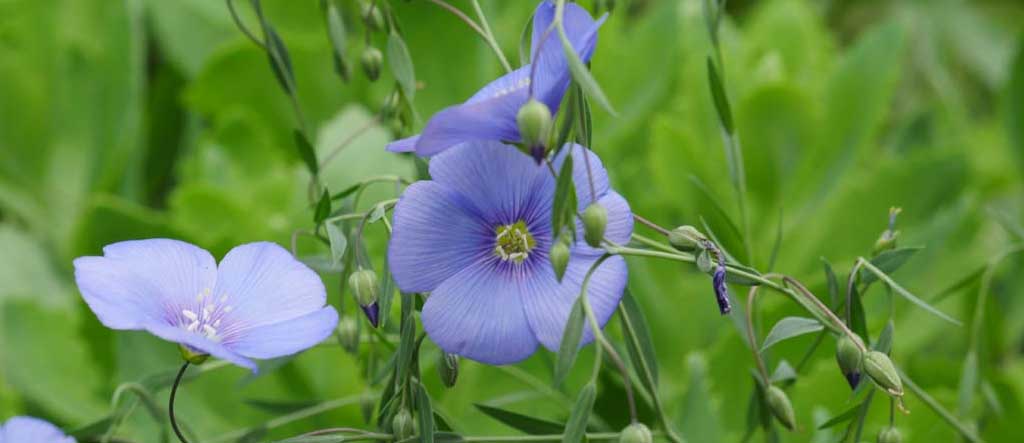 Read more: Flaxseed Tea
Read more: Flaxseed TeaHow and why to make Flaxseed Tea Flaxseed, also known as linseed, is one of the richest sources of alpha-linolenic acid (ALA), an omega-3 essential fatty acid. Flaxseeds are also high in lignans, micronutrients that have been shown to be anti-inflammatory, anti-oxidant and anti-tumour.1 Flaxseeds are mucilaginous, meaning they absorb fluid and secrete mucilage, a…
-
Constipation
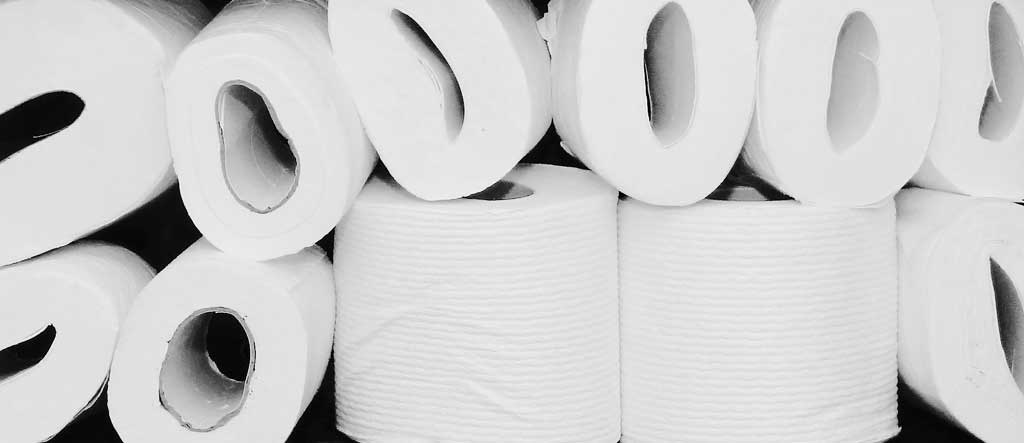 Read more: Constipation
Read more: ConstipationTechnically, if you are having less than three bowel movements a week, you are constipated. Ideally you would have a bowel movement for every meal you eat. However, for most people once or twice a day is the norm. Common symptoms of constipation include: Constipation is a common problem and we all experience it at…
-
Piles (haemorrhoids)
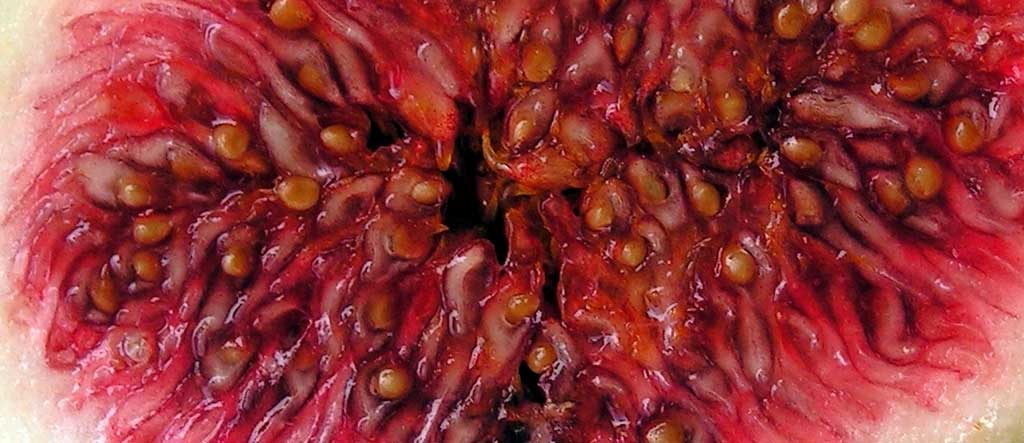 Read more: Piles (haemorrhoids)
Read more: Piles (haemorrhoids)Piles, also known as haemorrhoids, are an enlarged, swollen or inflamed condition of the veins just outside or inside the anus or rectum. They may be felt as small lumps or bumps. External piles can be painful, but are less likely to bleed than internal piles that can produce a discharge of dark blood. Occasionally,…
-
Cleavers Water
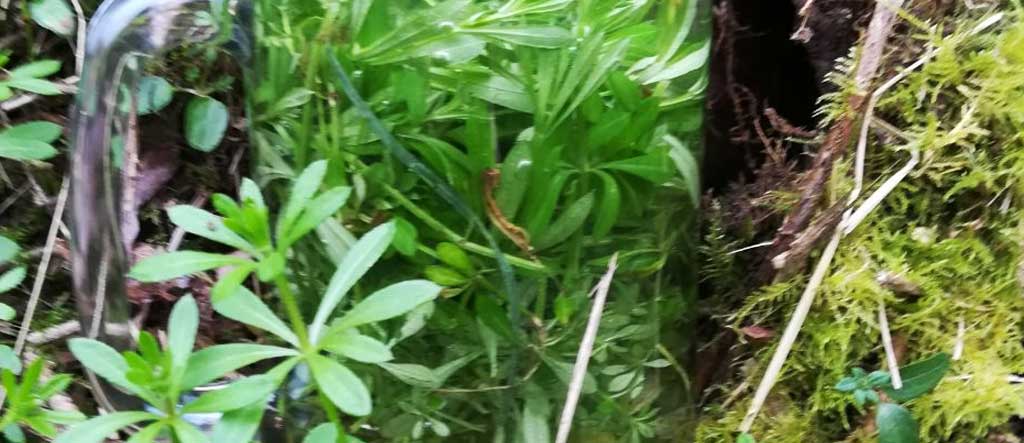 Read more: Cleavers Water
Read more: Cleavers WaterCleavers: Galium aperineAKA: Goosegrass and sticky backsHarvest: From late February through early May This is a cold water infusion of fresh cleavers, infused for 4 hours or longer. It is one of the best cleansers for the lymphatic system and a timely Spring cleansing tonic following the more lethargic months of Winter. Cleavers are high…
-
How to make an herbal decoction
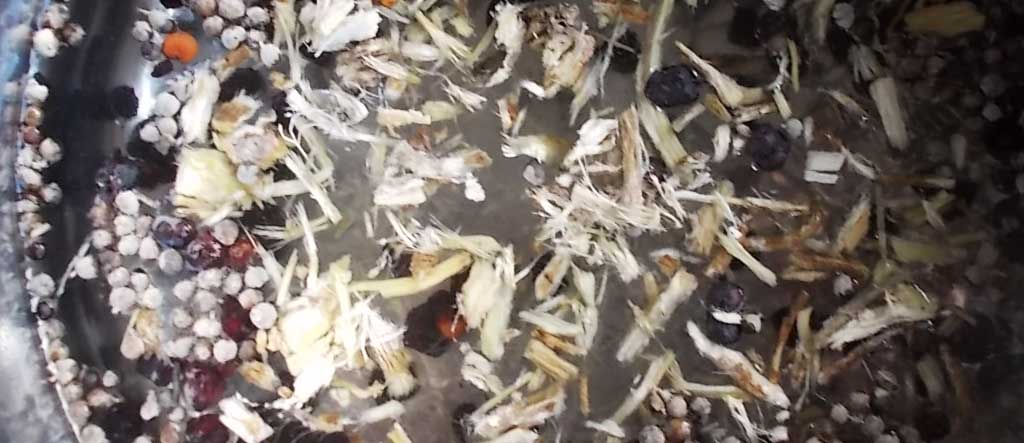 Read more: How to make an herbal decoction
Read more: How to make an herbal decoctionAn herbal decoction is a means of extracting the medicinal benefits from the tougher parts of herbs, such as roots, bark, hard seeds and berries. The word decoction is derived from the Latin decoquere, which means to boil down, or boil away. The herbs are covered with cold water, brought to a boil, and then…
-
Cold Herbal Infusions
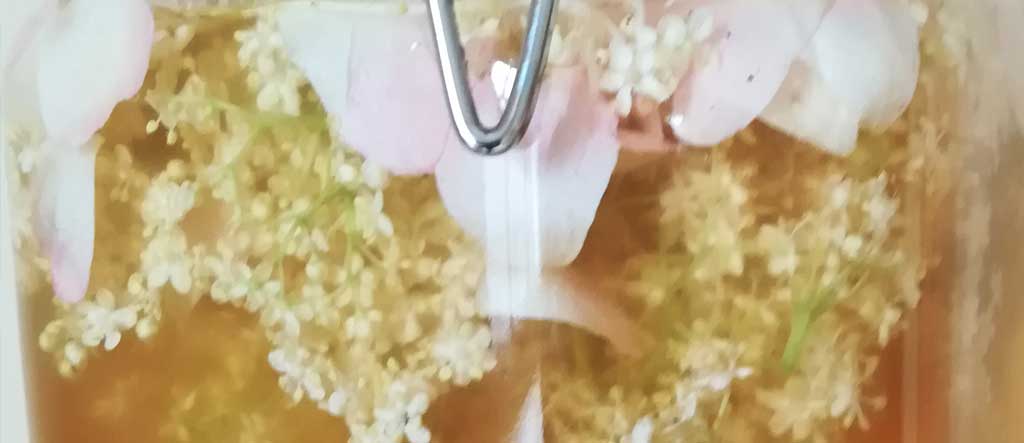 Read more: Cold Herbal Infusions
Read more: Cold Herbal InfusionsCold water long herbal infusions Cold herbal infusions use cold, tepid or room temperature water. They are usually used on nutrient rich green leaves, and delicate plant materials such as fresh flowers and seeds, but not always. Long cold infusions are preferred to extract the soothing, mucilaginous polysaccharides of starchy roots such as marshmallow, slippery…
